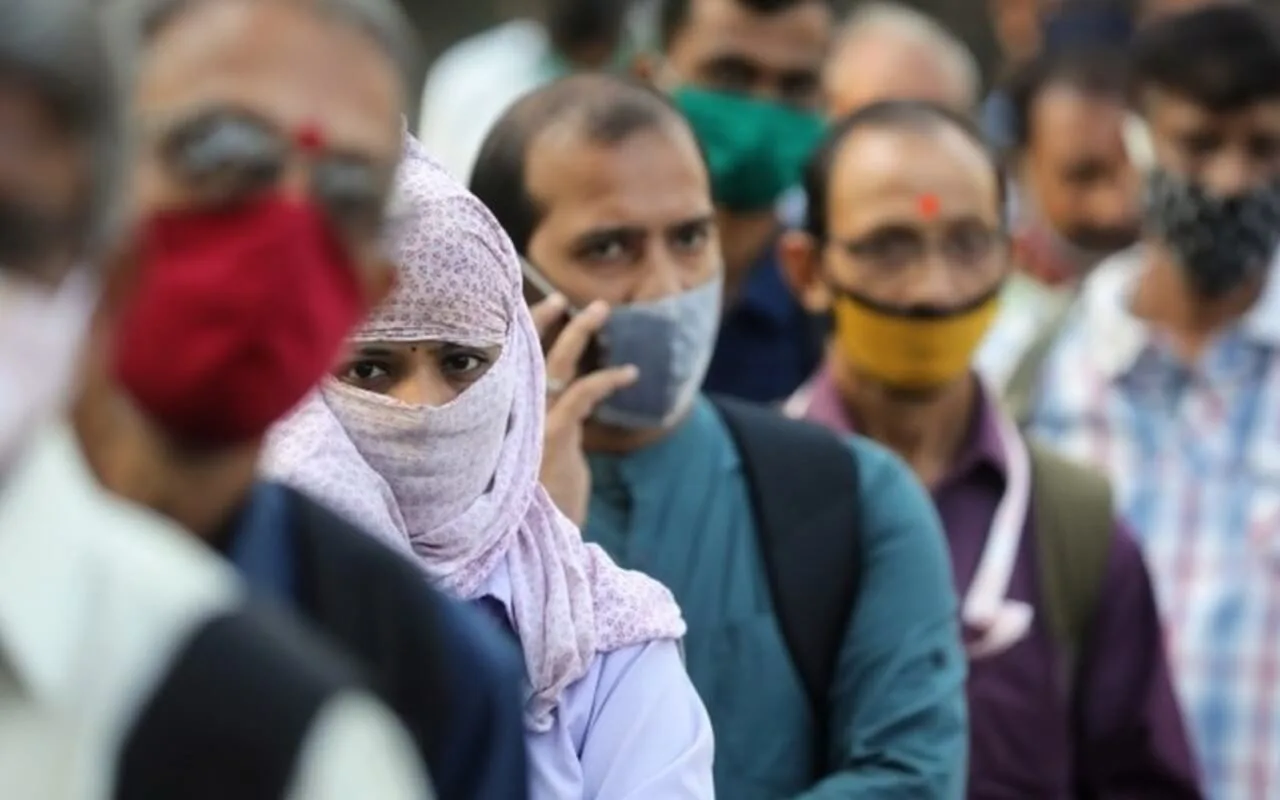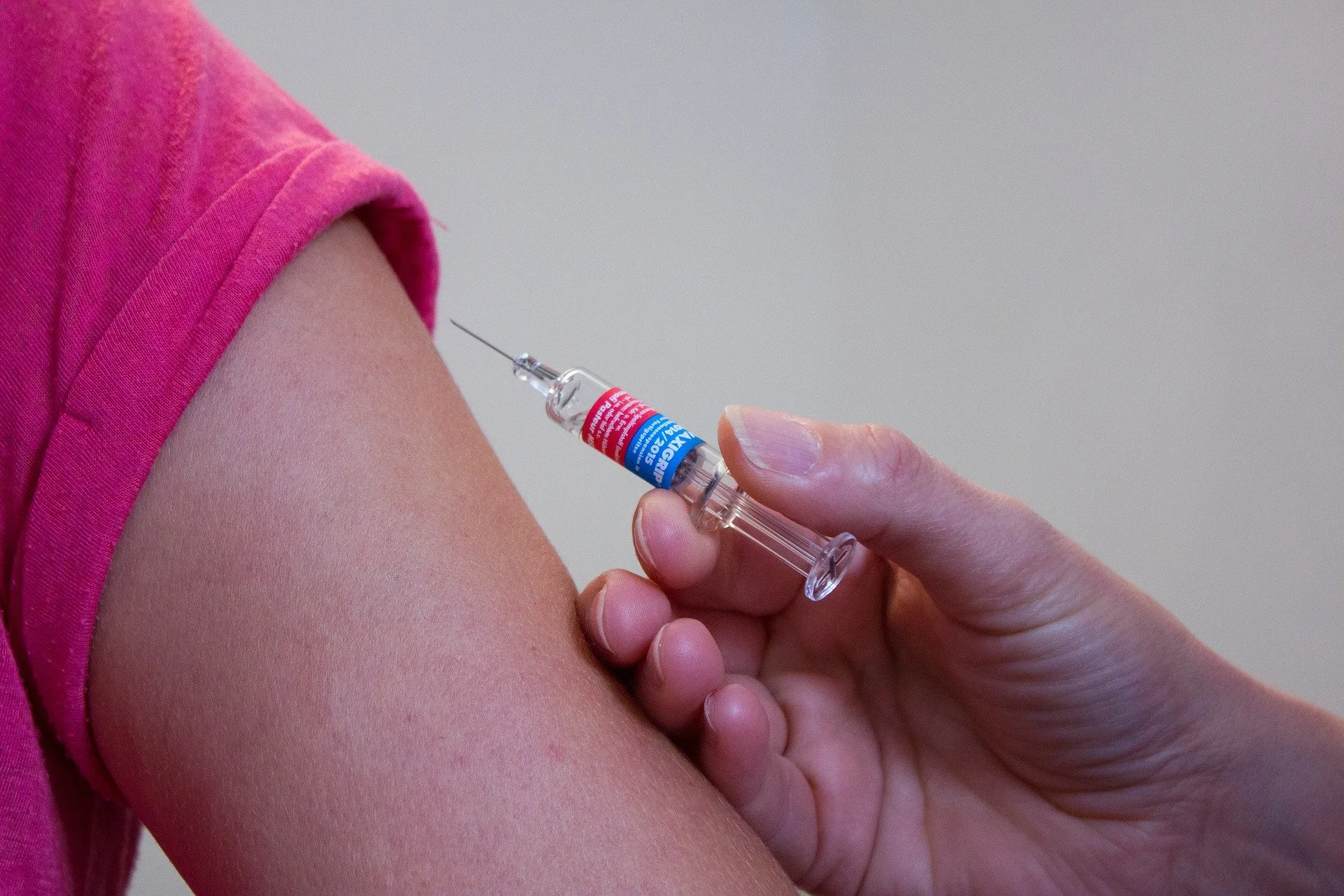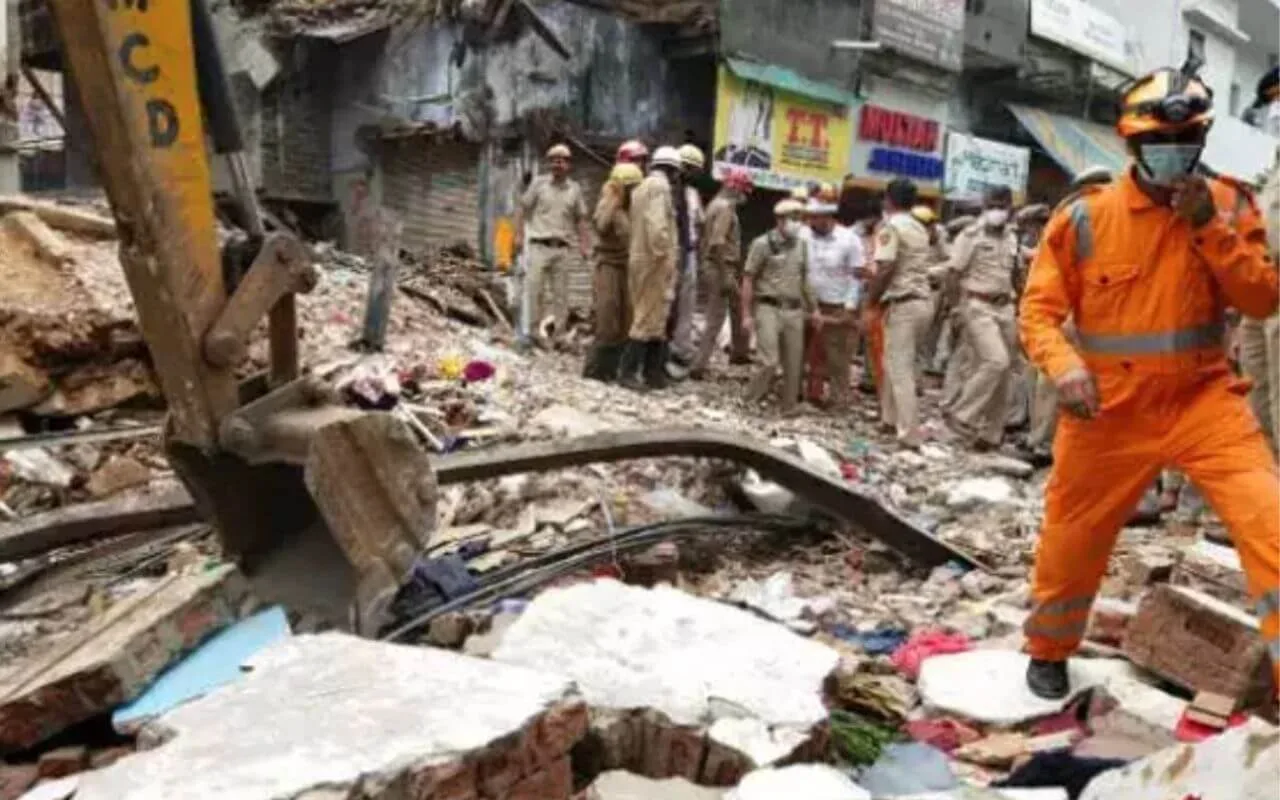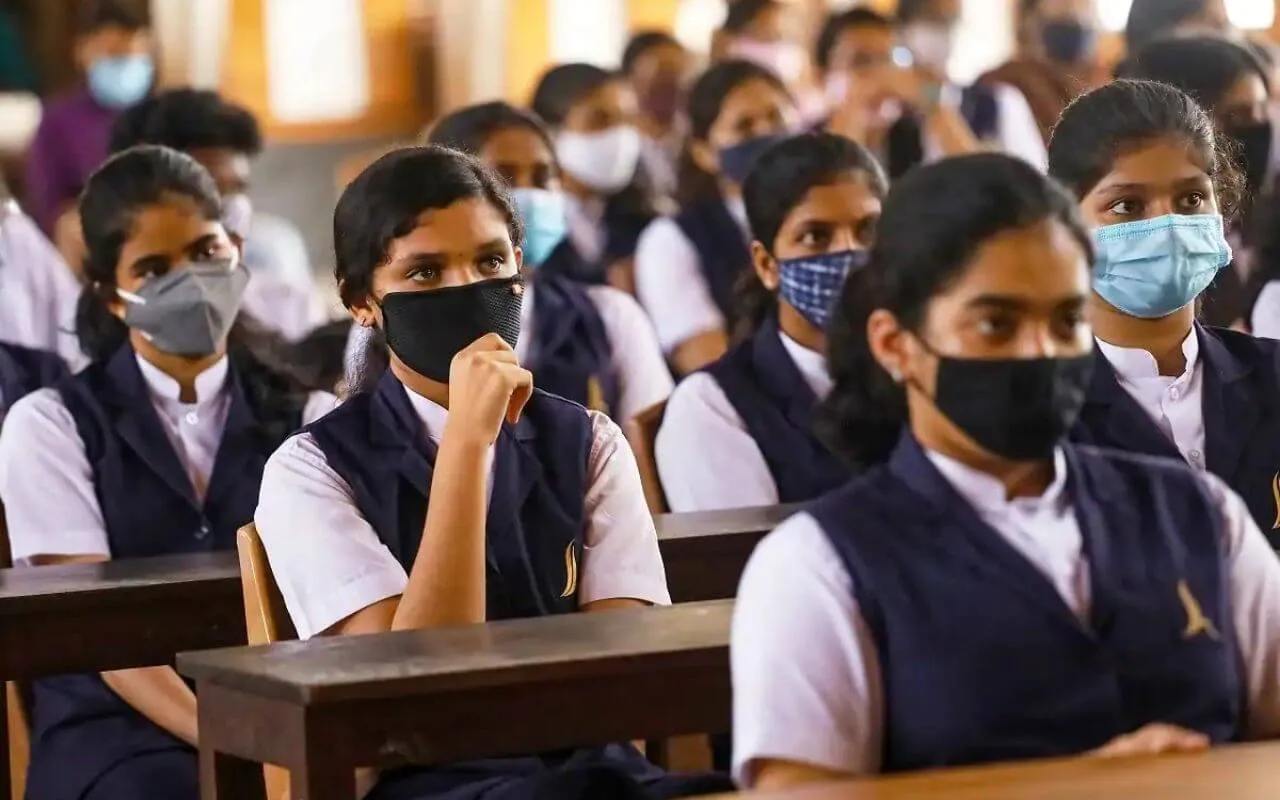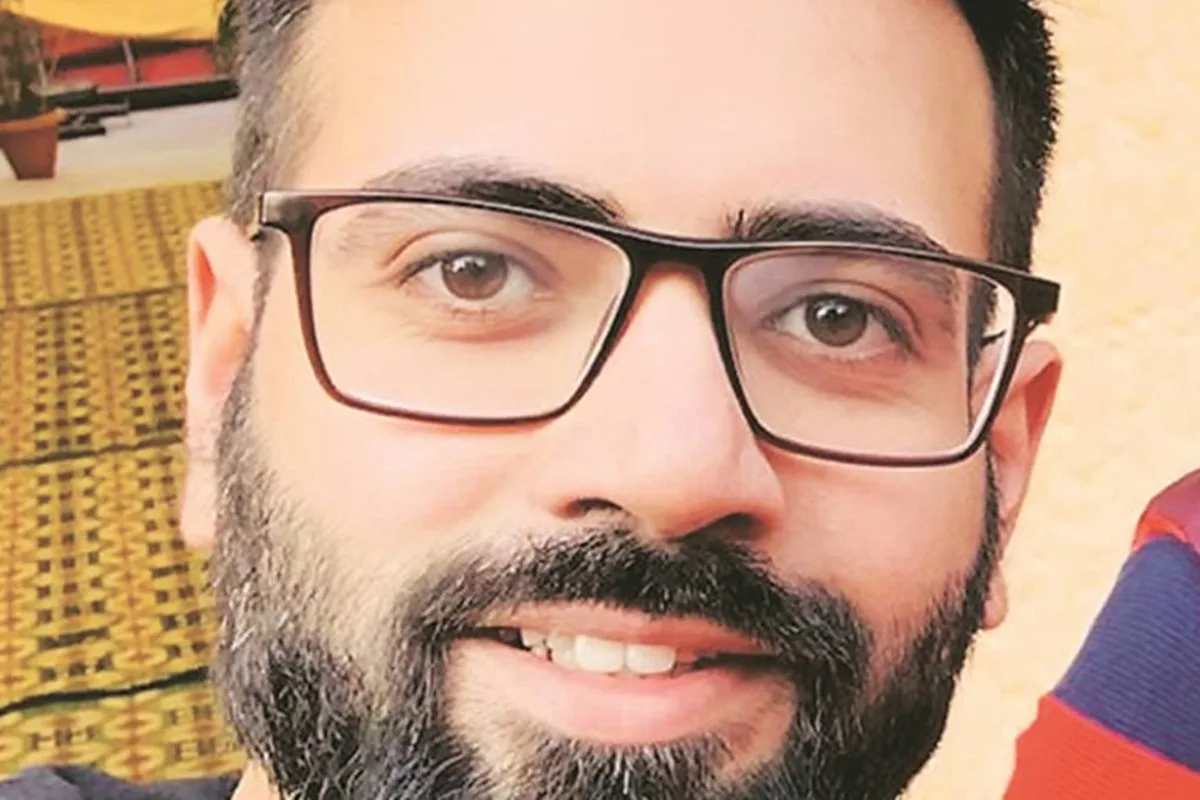A group of scientists disclosed a study that mentions that India has crossed its peak of the coronavirus pandemic, and the spread of the virus will be controlled by early next year. They suggest that India crossed its peak of coronavirus cases in the month of September.
The larger, and most important synonymous opinion continues to be the obvious – people should definitely wear masks, maintain all social distancing, and avoid large gatherings. Regular hand washing and sanitization continue to be also on the list.
Currently, India has recorded over 7.5 million total coronavirus infection cases, while the country’s death figure, at 1.14 lakh, continues to be very low on the global scale, is just 10% of the total deaths reported in the world.
So, has the country crossed its peak?
Looking at the daily cases being recorded every day in the country, September witnessed a sharp increase in new cases, which was its record peak. Since then, it has been staggering between the same numbers, and over the course of the last week, a decline in daily cases has been observed.
Last week, India reported an average of about 62,000 cases, with 784 deaths every day, much lower than what the country was witnessing during the month of September. Across states, if one observes, deaths have been reducing, with testing capacity being the same – over a million tests every day.
The recent study by scientists which put forth that India has crossed its peak last month came to this answer by analyzing the rate at which people were getting infected, the recovery and death rate, and the overall number of people actually developing symptoms after testing positive for the virus.
The important question – has the lockdown helped delay India’s peak – was also addressed by the study. It suggested that if there was no lockdown imposed in the country, India would now have over 14 million cases and over 2.6 million fatalities.
This figure stands very high as compared to what the cases are currently. The lockdown imposed has enabled India to peak much later. Otherwise, cases would start peaking by June itself, and as such, an overwhelming pressure would be felt on the country’s healthcare facilities.
With cases on the decline, another fear reigns high. Combined with the festive season, the approaching winter also appears to be a challenge before the authorities to control the pandemic.
‘Super-spreader’ concerns are high, as festival season means large families coming together, and as such, fears of a possible virus spread remains large. As reported, Kerala witnessed a record sharp increase in cases in September after the Onam celebrations.
The alarm bell, however, is the same. Our guards must not be let down, because if we do, it will be a rising curve once again. Many are apprehensive that another peak is inevitable, considering the winter season across North India, accompanied with the smog that fills the capital city – a regular site post-November.
“All our projections will hold if people adhere to the safety protocols. We believe India went past the peak in September. We must not relax. There is a human tendency to think that the worst is behind us,” said professor Vidyasagar from IIT Hyderabad, who led the panel that released this study.
The most important tip given by top epidemiologists across the world is that future peaks can definitely occur, but the timing of it is not predictable. The important step to get through future peaks is to keep medical infrastructure in place, and hospitalizations lower than the hospital’s capacity to get through well.
Amid all the virus concerns, safety measures can be easily forgotten amid studies like these, but, continue wearing your masks, and follow all safety measures, in order to be a part of a community that plays its role for a ‘better tomorrow’.

